The Role of a Website in ERP System Implementation
A website plays a key role in the implementation and operation of an ERP system for businesses. A properly designed website not only helps connect departments within the business but also facilitates interaction with customers and partners. Through the website, companies can easily manage and monitor the operation of the ERP system, ensuring that processes run smoothly and efficiently.
Website as a Bridge Between Business and Customers
The website is the direct bridge between the business and customers, helping to improve communication and strengthen long-term relationships. The ERP system, when integrated into the website, helps businesses provide accurate and timely information about products, services, and related activities. This creates trust and encourages customers to interact more with the business.
- Provide product and service information: The website helps customers easily find and access information about the company's products and services, thereby increasing sales capabilities.
- Improve customer interaction: Through the website, customers can send support requests, complaints, or quick feedback about products and services.
The custom website design helps businesses optimize the connection between departments and customers. An SEO-friendly website also helps the company easily appear on search engines, thanks to SEO services, increasing the opportunity to reach potential customers and improve rankings on SEO top Google.

Easier Online ERP System Management
An ERP website helps businesses manage and monitor all activities related to the ERP system easily and effectively. Instead of having to access a complex system, the website allows users to access data and perform ERP system management tasks through an intuitive, simple interface.
- Centralized data management: The website helps integrate all data from different departments of the business into one place, making the data management process easier.
- Update and track progress: Information and reports on work progress, production, or finance can be updated directly to the website, helping leaders easily monitor the company's situation.
Designing an SEO-friendly website will help the company's website easily reach users, while optimizing the efficiency of ERP system management. The SEO services tools help improve search rankings and improve accessibility for customers and employees from online platforms.
Create a User-Friendly Interface and Integrate ERP Effectively
An ERP website needs to have a user-friendly interface (UI) and optimize user experience (UX) to ensure that all ERP operations and features are integrated and used effectively. Website design must ensure intuitiveness, helping users easily get acquainted with the complex features of ERP without difficulty.
- Accessible interface: The website interface must be designed to be easily accessible and used by all users, including those who do not have specialized knowledge of ERP systems.
- Easy-to-use features: The features of the ERP system, such as warehouse management, finance, or sales, need to be integrated directly on the website, helping users access quickly and operate easily.
Custom website design with an optimized interface will help users easily use and integrate the ERP system into the business's processes. An SEO-friendly website also helps businesses easily connect with customers and partners, while helping the website always achieve high rankings on SEO top Google.
Challenges in Designing a Website for an ERP System
Designing a website for an ERP system is not a simple task. The company will face many challenges when implementing the ERP system on the website platform. These challenges can affect the efficiency and operability of the ERP system if not addressed thoroughly. Below are some common challenges.

Managing Data and Ensuring Business Information Security
One of the biggest challenges when designing an ERP website is ensuring data security. ERP systems often contain sensitive information such as financial data, products, and customer information. Therefore, protecting data from external threats is extremely important.
- Securing customer and partner information: Strong security measures such as SSL encryption must be applied, protecting data from unauthorized intrusion and cyber attacks.
- Securing internal data: The company's internal information such as financial figures, reports, and production plans must be absolutely secure.
Designing an SEO-friendly website will not only help increase SEO efficiency but also help optimize security, ensuring that business information is not compromised. SEO services help improve accessibility, while protecting the company's important information from potential risks.
Ensuring the Flexibility and Expandability of the ERP System
ERP systems often require high flexibility to meet the changing needs of the business. Therefore, the ERP website needs to be designed to be scalable in the future. Changing or adding new features, tools, or connecting with other software must be done easily and without interrupting the operation of the system.
- Scalability: The ERP website needs to be scalable to serve the development needs of the business. This requires a flexible and easy-to-update website architecture.
- Compatibility with other software: It is necessary to ensure that the ERP website can be integrated with other software of the business such as CRM, financial software, or warehouse management software.
Custom website design helps optimize the scalability and flexibility of the ERP website. Ensuring the system can integrate well with other software and tools helps the ERP website develop sustainably in the future.
Handling Compatibility Issues Between the ERP System and Other Applications
One of the difficult issues in ERP website design is the compatibility with other applications and systems that the business is using. Applications such as financial management software, CRM, or marketing tools need to be seamlessly integrated with the ERP system.
- Compatibility with external applications: Integrating ERP with other systems is an important factor to ensure that the business's processes run smoothly.
- Ensuring synchronization between systems: It is necessary to ensure that data is synchronized and updated between the ERP systems and other software that the company uses.
Designing an SEO-friendly website helps the ERP system easily integrate with other applications of the business, while supporting the maintenance of compatibility between the software. SEO services help the ERP website be optimized for easy access and efficient operation.
Expandability and Integration Capabilities of the ERP Website
One of the important factors when designing an ERP website is to ensure the ability to expand and integrate with other software. Businesses need an ERP system that can grow and adapt to changing needs over time, while connecting with existing software and systems to optimize workflows. Flexible expandability and integration capabilities will help the ERP website not only operate effectively but also help the business maintain its competitiveness in the future.

- Integration with CRM and marketing tools: Connecting ERP with CRM helps manage customer relationships, track marketing and sales campaigns.
- Connection to financial and accounting systems: ERP systems need to be able to connect with financial software to ensure that financial data is synchronized accurately.
Custom website design with flexible integration capabilities helps businesses maintain smooth operating processes without encountering compatibility issues. An SEO-friendly website also provides good support for connecting with other software, while helping the website be easily found through search engines.
Expandability of the ERP Website as the Business Grows
The expandability of the ERP website is the deciding factor that helps the system develop sustainably as the business expands in scale. The ERP website needs to be designed so that it can easily add new features, expand the system scale, and support more users as the company grows. This ensures that the system always meets changing requirements without experiencing service interruption issues.
- Data scalability: The ERP website needs to be able to process and store large amounts of data as the business grows.
- Flexibility in adding new features: As the business expands, the ERP website needs to be able to integrate new features to support other departments in the company.
Designing an SEO-friendly website will help the ERP website easily expand without affecting the performance of the page. The SEO services tools also help optimize the website to always maintain a high ranking on Google, ensuring the ability to reach new customers as the business develops.
Create a Flexible Platform to Support New Features in the Future
An ERP website needs to have a flexible platform to easily update and support new features in the future. The rapid development of technology requires the ERP website to be able to access advanced technologies and deploy new features without causing interruption to the business's operations. Maintaining this flexible platform helps the company quickly adapt to changes and market needs.
- Support for new technologies: The ERP website needs to be able to connect with new technologies such as AI, Big Data, and Blockchain to optimize processes and improve work efficiency.
- Automatic feature updates: There needs to be an automatic system for updating features and reports to avoid interruptions in the operation of the ERP system.
Custom website design with a flexible platform will help businesses easily adjust and expand ERP features when needed. An SEO-friendly website also plays an important role in maintaining the business's presence on search engines, while helping to improve user experience.
Top 10 Frequently Asked Questions
1. What is an ERP system and why do you need a website for it?
Answer:
ERP (Enterprise Resource Planning) is a business resource management system that helps connect and manage departments within the company. An ERP website helps easily manage data and interact with customers, while optimizing workflows.

2. Does the ERP website need to be designed according to SEO standards?
Answer:
Yes, designing an SEO-friendly website helps the ERP website to be easily found on search engines, attract customers and partners, and grow sustainably.
3. How much does it cost to design an ERP website?
Answer:
The cost of designing an ERP website depends on the requirements of features, technology, and interface. However, you can save costs by using a CMS platform or integrating necessary features.
4. Can the ERP website integrate with other software?
Answer:
Yes, an ERP website can integrate with other software such as CRM, accounting software, warehouse management, and marketing tools to optimize the business's workflow.
5. Does the ERP website need to ensure security?
Answer:
Yes, security is an important factor when designing an ERP website. You need to use SSL certificates and other security methods to protect user data and business information.
6. Does the ERP website support mobile devices?
Answer:
Yes, the ERP website needs to be optimized to work well on all devices, especially mobile phones, as most users currently access through mobile devices.
7. Is the scalability of the ERP website important?
Answer:
Very important. The ERP website needs to be scalable to meet the development needs of the business, helping to easily integrate new features and process large amounts of data as the company grows.
8. Can the ERP website integrate with SEO tools?
Answer:
Yes, the ERP website can integrate SEO tools to optimize rankings on Google, helping to attract more potential customers and grow sustainably.
9. Can the ERP website improve business performance?
Answer:
Yes, an ERP website helps businesses easily manage and track processes, helping to optimize work, reduce errors, and improve the overall performance of the business.
10. How to optimize SEO for the ERP website?
Answer:
To optimize SEO, you need to use appropriate keywords, optimize content, website structure, and build links to help the ERP website achieve high rankings on search engines, thereby attracting more potential customers.
Comprehensive SEO Service – Bringing Your Business to the Top of Google Sustainably
Not only stopping at the website, MIMA accompanies businesses throughout the overall SEO journey, helping you build a solid foundation and grow sustainably on Google. MIMA specializes in custom website design packages, committed to:
- Beautiful interface, optimized user experience
- SEO-friendly from structure to content
- Responsive design – 100% mobile compatible
- Optimize page loading speed – increase user retention
- Integrate contact forms, Google Maps, lead collection forms

MIMA helps businesses reach the right potential customers through:
- Keyword, market, and competitor analysis
- Optimize content, images, speed, and web technology
- Build an SEO strategy according to industry, specific goals
- Monitor, measure, and adjust campaigns periodically
Contact Information:
- MIMA Trading and Service Company Limited
- Tax code: 0318672839
- Address: 31/3B Hamlet 43, Dong Thanh Commune, Ho Chi Minh City
- Hotline: 0909 035 333
- Email: info@mimadigi.com
- Website: https://mimadigi.com/

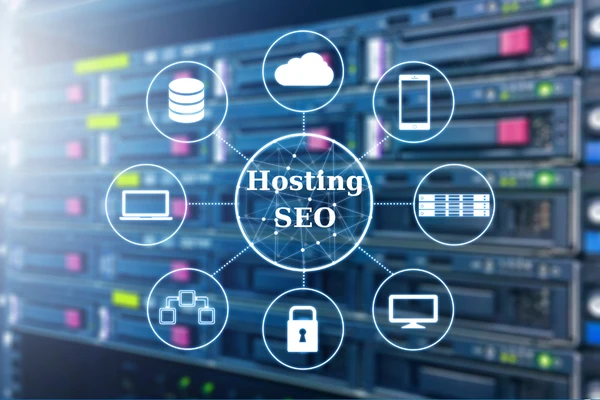
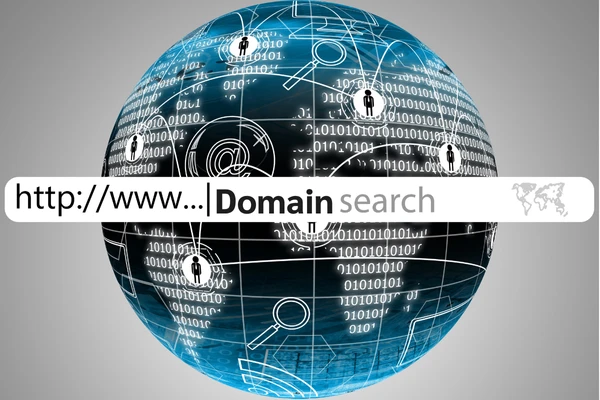

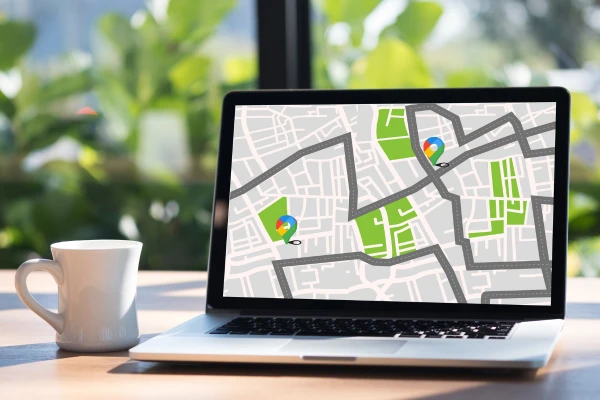
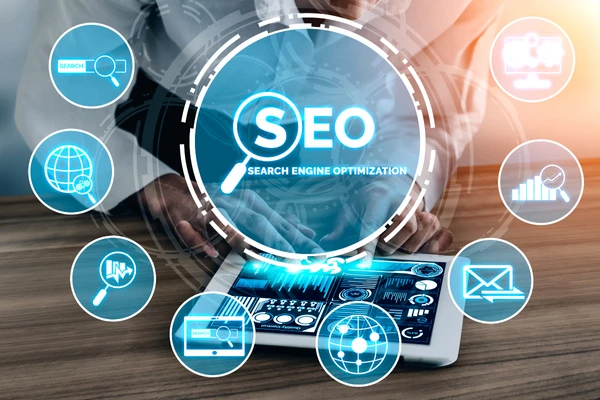


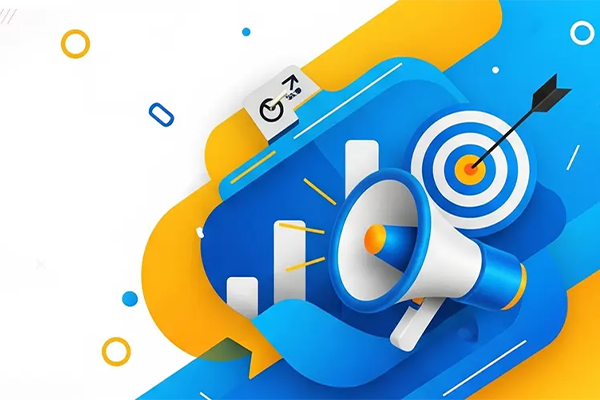
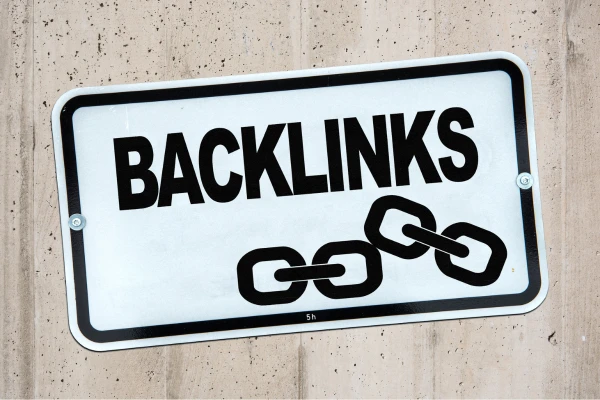

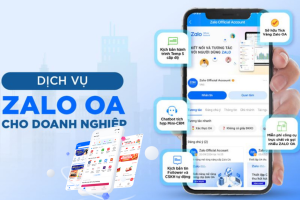

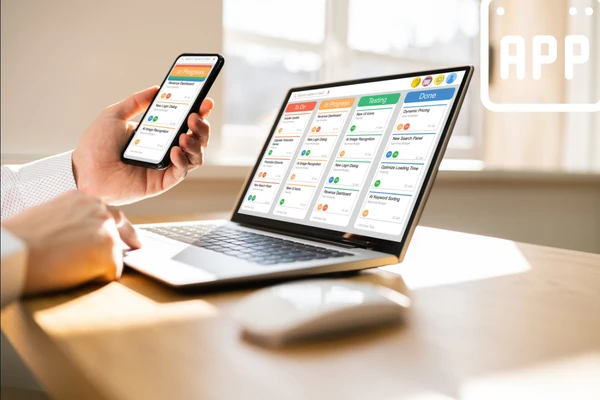
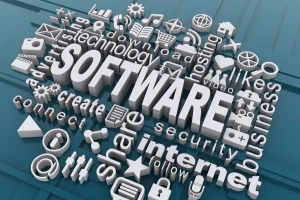




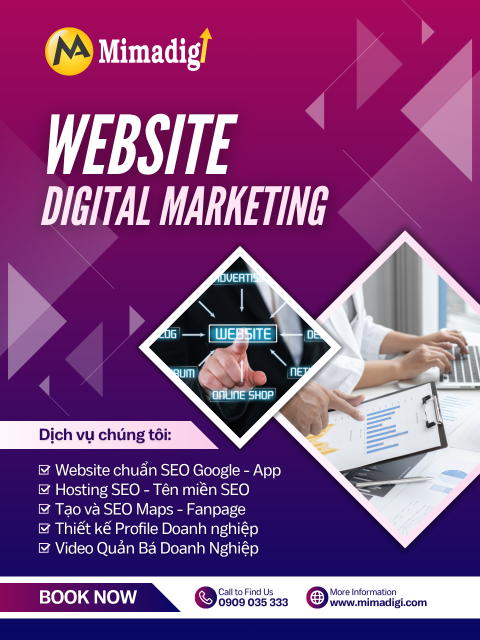






Share your review